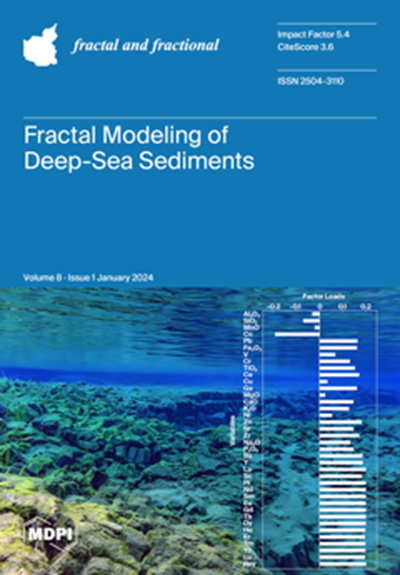Quasi-Cauchy Regression Modeling for Fractiles Based on Data Supported in the Unit Interval
IF 3.6
2区 数学
Q1 MATHEMATICS, INTERDISCIPLINARY APPLICATIONS
引用次数: 1
Abstract
A fractile is a location on a probability density function with the associated surface being a proportion of such a density function. The present study introduces a novel methodological approach to modeling data within the continuous unit interval using fractile or quantile regression. This approach has a unique advantage as it allows for a direct interpretation of the response variable in relation to the explanatory variables. The new approach provides robustness against outliers and permits heteroscedasticity to be modeled, making it a tool for analyzing datasets with diverse characteristics. Importantly, our approach does not require assumptions about the distribution of the response variable, offering increased flexibility and applicability across a variety of scenarios. Furthermore, the approach addresses and mitigates criticisms and limitations inherent to existing methodologies, thereby giving an improved framework for data modeling in the unit interval. We validate the effectiveness of the introduced approach with two empirical applications, which highlight its practical utility and superior performance in real-world data settings.基于单位区间数据支持的分形拟柯西回归建模
分形是概率密度函数上的一个位置,其相关表面是该密度函数的一个比例。本研究介绍了一种新的方法方法来建模数据在连续单位区间内使用分形或分位数回归。这种方法有一个独特的优点,因为它允许直接解释与解释变量相关的响应变量。新方法提供了对异常值的鲁棒性,并允许对异方差进行建模,使其成为分析具有不同特征的数据集的工具。重要的是,我们的方法不需要对响应变量的分布进行假设,从而在各种场景中提供了更高的灵活性和适用性。此外,该方法解决并减轻了现有方法固有的批评和限制,从而为单位区间的数据建模提供了改进的框架。我们通过两个经验应用验证了所引入方法的有效性,这突出了其在现实世界数据设置中的实用性和卓越性能。
本文章由计算机程序翻译,如有差异,请以英文原文为准。
求助全文
约1分钟内获得全文
求助全文
来源期刊

Fractal and Fractional
MATHEMATICS, INTERDISCIPLINARY APPLICATIONS-
CiteScore
4.60
自引率
18.50%
发文量
632
审稿时长
11 weeks
期刊介绍:
Fractal and Fractional is an international, scientific, peer-reviewed, open access journal that focuses on the study of fractals and fractional calculus, as well as their applications across various fields of science and engineering. It is published monthly online by MDPI and offers a cutting-edge platform for research papers, reviews, and short notes in this specialized area. The journal, identified by ISSN 2504-3110, encourages scientists to submit their experimental and theoretical findings in great detail, with no limits on the length of manuscripts to ensure reproducibility. A key objective is to facilitate the publication of detailed research, including experimental procedures and calculations. "Fractal and Fractional" also stands out for its unique offerings: it warmly welcomes manuscripts related to research proposals and innovative ideas, and allows for the deposition of electronic files containing detailed calculations and experimental protocols as supplementary material.
 求助内容:
求助内容: 应助结果提醒方式:
应助结果提醒方式:


